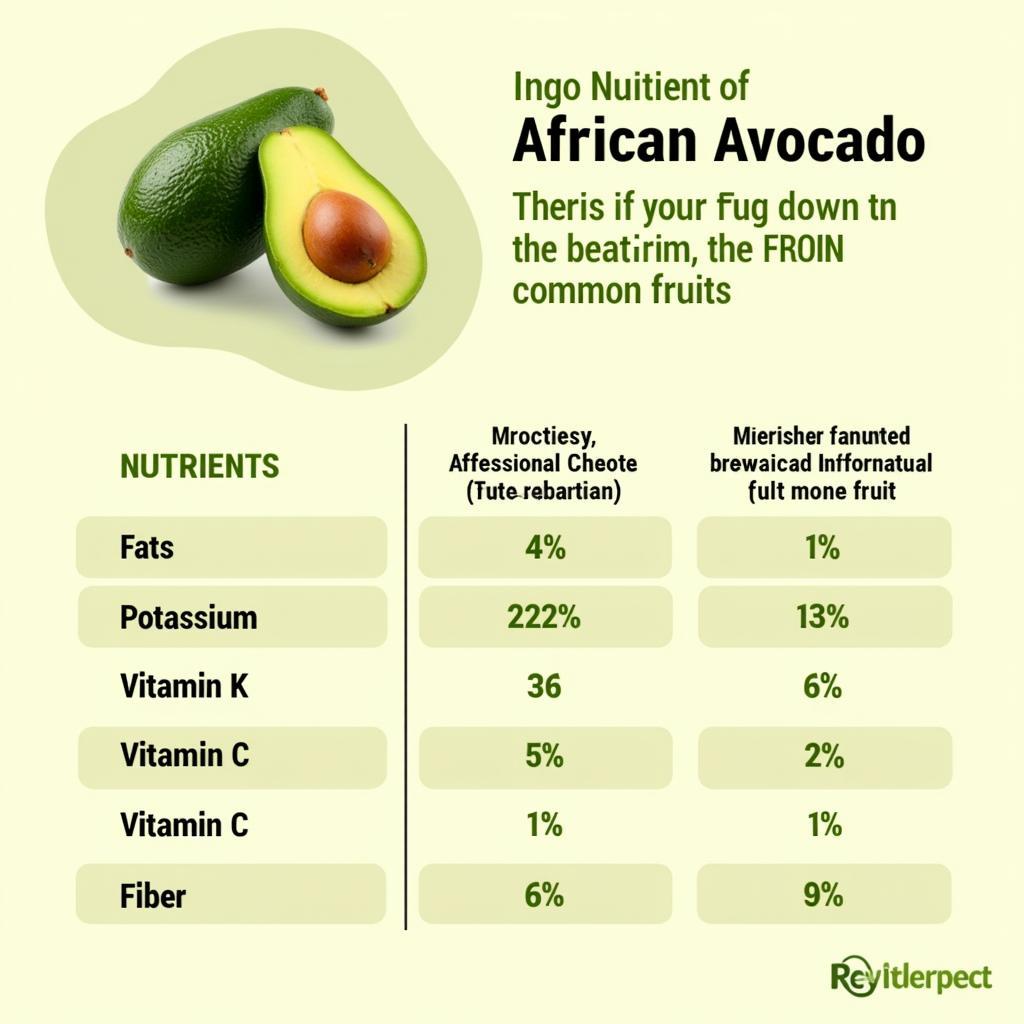The Ultimate African Grey Care Sheet: Ensuring a Happy, Healthy Life for Your Feathered Friend
Bringing an African Grey Parrot into your home is a decision that comes with a great deal of responsibility. These intelligent and social creatures thrive on interaction and require specialized care to flourish. This comprehensive care sheet delves into everything you need to know about providing the best possible life for your African Grey, from diet and housing to enrichment and health.
Creating the Ideal Home for Your African Grey
Cage Size Matters: Unlike smaller parrot species, African Greys need ample space to move around. The cage should be large enough for your bird to fully extend its wings without touching the sides or toys. A minimum size of 36 inches long, 24 inches wide, and 48 inches tall is recommended.
Perch Selection: In the wild, African Greys utilize a variety of branches for perching. Replicate this by providing perches of different sizes, shapes, and textures. Natural wood perches are ideal, as they encourage your bird to exercise its feet and trim its nails naturally.
Essential Cage Accessories: Your African Grey’s cage should be equipped with stainless steel food and water bowls, a cuttlebone for calcium, and a variety of toys to prevent boredom and encourage foraging behavior.
Nourishing Your African Grey: A Balanced Diet is Key
Beyond Seeds: While seeds can be a part of their diet, they should not form the bulk of your African Grey’s nutrition. A diet rich in fresh fruits, vegetables, and high-quality parrot pellets is crucial for their overall well-being.
Variety is the Spice of Life: Introduce a variety of foods to ensure your African Grey receives a balanced intake of vitamins and minerals. Dark leafy greens, brightly colored vegetables, and fruits like apples, bananas, and berries are all excellent choices.
Fresh Water Daily: Always provide fresh, clean water in a clean bowl. Change the water at least once a day, and more often if it becomes soiled.
Enriching Your African Grey’s Life: Keeping Boredom at Bay
Mental Stimulation is a Must: Known for their intelligence, African Greys require plenty of mental stimulation. Puzzle toys, foraging toys, and interactive games can help keep your parrot entertained and prevent behavioral issues that can stem from boredom.
Social Interaction: As highly social animals, African Greys need daily interaction. This can include talking to them, playing games, or simply spending time in the same room.
Training and Bonding: Training sessions using positive reinforcement can be a great way to bond with your African Grey and teach them tricks. Keep training sessions short and rewarding.
Health and Wellness: Signs Your African Grey Needs a Vet Visit
Regular Vet Check-Ups: Like all pets, African Greys benefit from regular check-ups with an avian veterinarian. Annual exams can help detect potential health issues early on.
Signs of Illness: Be vigilant for changes in your African Grey’s behavior, such as loss of appetite, lethargy, feather plucking, or changes in droppings. These could be signs of an underlying health issue that requires attention.
Avian Veterinarian Expertise: It’s important to seek care from a veterinarian specializing in avian medicine. They have the expertise to diagnose and treat conditions common in birds.
Conclusion: A Lifelong Commitment to Care
Owning an African Grey is an incredibly rewarding experience, but it’s crucial to be prepared for the commitment involved. By following this African Grey Care Sheet and providing a stimulating environment, a nutritious diet, and regular veterinary care, you can ensure your feathered companion lives a long, healthy, and fulfilling life.
Need more guidance on caring for your African Grey? Contact us at Phone Number: +255768904061, Email: [email protected] or visit us at Mbarali DC Mawindi, Kangaga, Tanzania. We have a dedicated customer care team available 24/7 to assist you.

